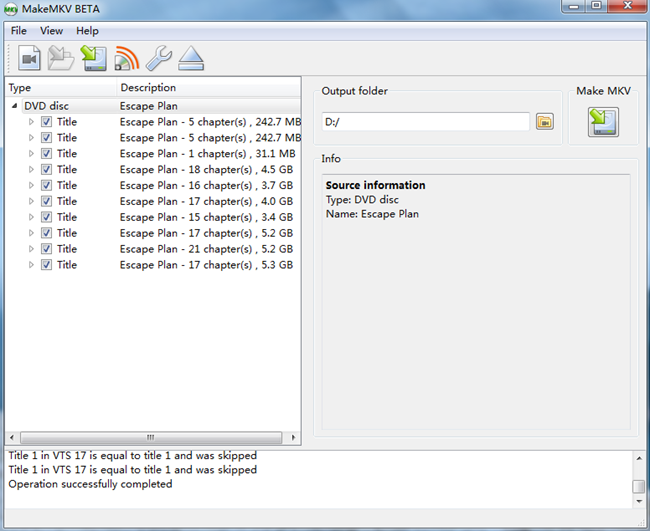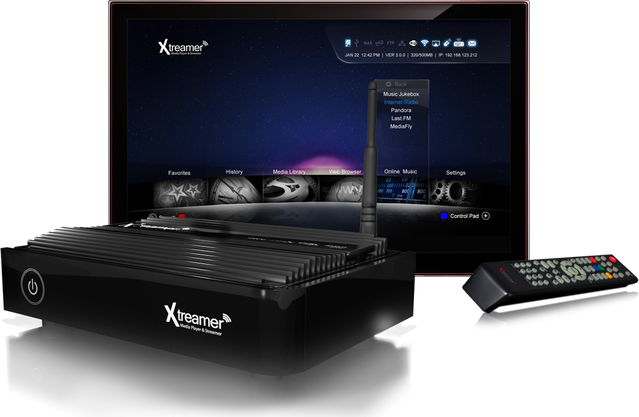

I'm familiar with these tools, but maybe you can help me find the solution. So how can I edit this MKV losslessly? I'm open to paid software or using multiple tools, command line, ffmpeg, avisynth, etc. And I don't know enough about audio to know if VideoReDo's PCM output is the same as the original Dolby TrueHD track. My only solution so far is to edit the video in TMPGEnc and edit the audio in VideoReDo, then mux the tracks together with MKVToolNix. I want a solution for losslessly editing this file and only re-encoding the cut areas. It saves the audio as an 8-channel PCM track. The only software I have found to edit the Dolby TrueHD 7.1 audio is VideoReDo TVSuite 6. The only software I have found to edit the 4K UHD HEVC video is TMPGEnc MPEG Smart Renderer 6.

I want to edit it and "smart render" it back to MKV. Of course, if PC avenues are closed down, one might turn to a dedicated player or modern games console for UHD Blu-ray consumption.I have a Blu-ray with 4K UHD HEVC video and Dolby TrueHD 7.1 audio ripped to MKV with MakeMKV. At this time, such cooperation looks like the only future for PC systems to play its UHD Blu-ray disc-based content on modern hardware. However, we hope that for the sake of collectors who prefer PC playback, the Blu-ray Disc Association will work with significant PC industry players to enable some other hardware solution. If you have a problem with your compatible HTPC, you will perhaps look on the used or NOS market for processors, etc. With UHD Blu-ray discs still in demand by movie enthusiasts and being produced by studios, it looks like using PCs to view this content will be frozen in time. According to Microsoft, Windows 10 will lose support after October 2025.

Video editing and playback specialist CyberLink recommends (opens in new tab) owners of these disc libraries to avoid Windows 11 and stick to Windows 10 to avoid driver issues. There isn't just an insurmountable hardware problem for modern Intel RKL/ADL PCs trying to play UHD Blu-rays. Even so, you should check specs carefully as the problems which prevented 6th Gen Core processors from running with SGX enabled continued to cause teething troubles with the 7th Gen Core processors and motherboards. Intel's 7th, 8th, 9th, and 10th Gen Core Processors work with UHD Blu-rays on Windows 10. So, you might be wondering what UHD Blu-ray enthusiasts will be able to do when their older compatible PCs start to bite the dust. With the leaky and vulnerable nature of SGX outlined above, it doesn't look likely to come back. Those using HTPCs for UHD Blu-rays Should Stick to Intel's 7th, 8th, 9th, and 10th Gen Core Processors for Now


 0 kommentar(er)
0 kommentar(er)
